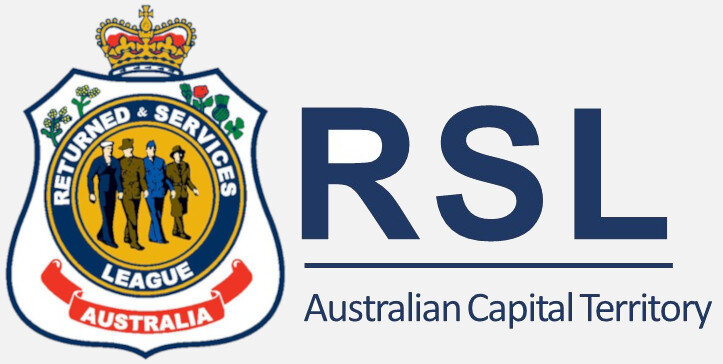Hard vs soft skills for your CV
Identifying your hard and soft skills is the key to a stand-out CV.
Communication, teamwork and leadership are examples of ‘soft skills’.
Closing one chapter and opening another can be exciting, but one of the biggest challenges for veterans seeking civilian jobs is translating your military experience into plain language for your CV.
Identifying your hard skills and soft skills can make all the difference. The technical skills (hard skills) of being an infantry squad leader or a flying officer may not seem useful in the civilian role you’re applying for, but the attributes (soft skills) gained certainly are.
The RSL Veterans’ Employment Program can help you put your best foot forward and ensure you don’t undersell yourself in your search for civilian employment. You can read more about translating your ADF experience on your CV here.
What are hard skills?
Hard skills are likely comfortingly familiar to you. These are the technical, hands-on skills you’ve developed and trained in during your service. They’re measurable, easy to define, and specific to your training.
Hard skills include the demonstrable skills you’ve developed that are specific to your job. In the case of ADF work, they include things like like aircraft repair, speaking a foreign language, cooking, flying a plane, cyber scripting, mechanical work, and more.
What are soft skills?
No one is born with the ability to communicate, lead, resolve conflict, or adapt to changing situations. These are skills you’ve learnt throughout your lifetime and, in particular, during your career. These are soft skills; the attributes and abilities that make you able to work effectively for a business and within a team.
Unlike hard skills, soft skills tend to be harder to measure and difficult to define. They aren’t taught but learned over time and can continue to be developed well into the future.
LinkedIn identified the most in-demand soft skills needed for 2022, with adaptability, communication, critical thinking, digital literacy, and time management appearing as the top five. You can read about the others here.
Soft skills you may have gained in the military
Teamwork
Conflict resolution
Grit
Dependability
Leadership
Problem-solving
Creativity
Integrity
Research aptitude
Discipline
Risk management
Values
Your soft skills are what will make you an exceptional employee for a civilian job.
How to improve hard skills
If you are transitioning from ADF service, you’ve probably completed extensive training in your area of expertise through university education and military training. However, transitioning into civilian roles may require some additional training.
The good news is that improving hard skills is easily supported through on-the-job training or additional study. Depending on the area you work in and what you’re transitioning into, there may be some licenses or modern practices that you need to freshen up on.
To improve hard skills, you could undertake further study. This might be at university, vocational training institutes, private colleges or by completing online courses. Some specific hard skills, especially in the digital space, can be learnt online via platforms like Udemy and Upskilled for minimal cost and at your own speed.
How to improve soft skills
To land a new job, you want to highlight relevant soft skills in your CV and cover letter, and bring these to the interview table. For this reason, you may want to brush up on the skills you’ve identified.
Here are some steps you can take to improve your soft skills:
Pick the skills you want to develop
Job descriptions for roles will often highlight soft skills. Be honest with yourself about your strengths and weaknesses to see which skills you may be comfortable with, and which may need a little more investment of your time. Asking someone you trust for honest feedback might be helpful – especially a former colleague.
Practice your soft skills
As ex-ADF, practice isn’t a new concept to you. The same applies to soft skills, which benefit from routine. Pick a skill you can practice at home and work to see a huge difference in how this becomes a natural part of your work and life.
Observe soft skills in others
Think about whether someone you admire shows strength in one of the soft skills you’ve identified. Take note of what this person does and how they use this skill to benefit themselves, their work, and their team.
Enroll in a course
Some courses offer training in soft skills. For example, leadership courses, or written communication courses. These can offer a double benefit by helping you upskill in soft and hard skills.
Help! What are my hard and soft skills?
If you need a hand working out your hard and soft skills, we’ve got your back. The career experts at the RSL Veterans’ Employment Program can work with you to identify what hard and soft skills you have, and where you might need to grow and develop in order to reach your goals.
The program is free for veterans, their partners and families, and reservists.
Want to see more content like this? Check out all our veterans’ employment articles here.


